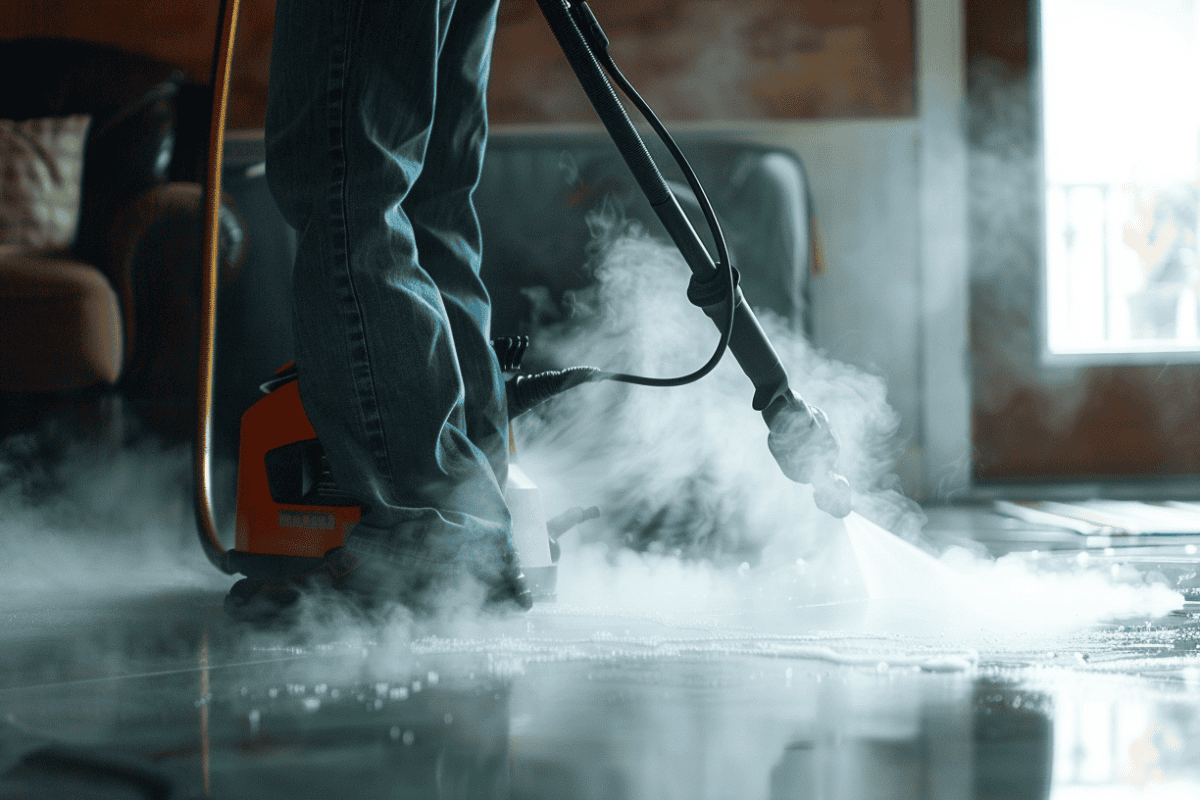Staying on top of your facility’s waste management and compliance is a challenging but necessary component of running a healthcare or medical facility.
Given that certain types of healthcare waste have an amount of risk associated with them, proper waste management practices alleviate the risks of penalties and fines, foster a safer working environment, and significantly reduce the likelihood of environmental damage.
If you’re looking to improve the waste management and compliance of your healthcare or medical facilities, here are a few cost-effective ways to do so.
Train and Inform Your Staff
Thorough education and training on identifying and disposing of healthcare waste are essential for any staff member working in a healthcare or medical facility.
Your staff should ideally be able to distinguish between healthcare waste (infectious, sharps, chemical, cytotoxic, radioactive) and general waste, the risk they pose, and how to safely dispose of the waste in medical waste disposal bins.
While training new staff members on healthcare waste disposal practices are a given, you should also have your current staff undergo periodic training refreshers. Training refreshers can keep your existing staff members well-informed on the latest techniques and prevent them from becoming complacent with proper procedures.
Minimise Waste and Practice Proper Waste Segregation
Proper waste segregation prevents cross-contamination between healthcare and general waste, which has two distinct benefits.
Firstly, it prevents staff members and waste disposal personnel from confusing the two, thereby reducing the chance of accidents and improper handling.
Secondly, suppose you contaminate general waste with healthcare waste. In that case, all of the waste will now have to be treated as healthcare waste, netting you a higher disposal cost than if you treated both types of waste appropriately.
Correct waste segregation can reduce the amount of healthcare waste (and its related disposal costs) produced by your facility while promoting a safer work environment for your staff.
Use Sustainable Waste Containers
You can also improve your facility’s waste management practices from an environmental point of view by adopting waste disposal measures that are more eco-friendly.
For example, environmentally-friendly biohazard waste containers that are made from recycled materials have a much lower impact on the environment while still complying with your local healthcare waste disposal guidelines. Lightweight containers also translate to lowered transport costs and carbon emissions.
Have Safety Data Sheets Available
If your facility frequently uses hazardous chemicals, you should have appropriate safety data sheets widely available to staff members who work with them. Safety data sheets provide critical information about the chemicals and how to store and handle said chemicals safely.
From a waste management perspective, safety data sheets can guide individuals through appropriately disposing of used or accidentally released chemicals, which can significantly reduce the risk caused by unsafe chemical disposal.
Review Compliance Guidelines
Regularly take the time to review your local waste management disposal and compliance guidelines – this ensures that your facility’s waste management system is up to date and allows you to access the latest resources and tools to maintain compliance.
Do note that guidelines and regulations can vary from state to state, so be sure to follow the correct ones as stated by the local EPA where your facility is located.
Create a Comprehensive Waste Management Plan
Having a comprehensive waste management plan is a critical component of any healthcare or medical facility, allowing you to accurately dictate the procedure and management of waste in your facility.
While each facility will have its ways of handling waste, general components of your waste management plan should include:
- Waste categories
- How to minimise waste when possible
- How to safely dispose of each type of waste
- How waste moves within the facility
- How and where waste is stored on-site
- Emergency plans in case of accidents or spills
Audit Your Waste Streams
Routine audits ensure that all the departments within your facility comply with facility guidelines on waste segregation, as well as the disposal procedures of medical waste disposal bins or biohazard waste containers.
Audits are also valuable for discerning how much of each type of waste your facility generates, allowing you to identify opportunities to reduce waste and save costs.
On Handling Waste Management and Compliance
The brief guide above should prove helpful in improving the waste management and compliance of your healthcare or medical facility. Apart from the costs, proper waste management can only be beneficial to the safety of your staff and for the environment at large, so be sure to familiarise yourself with the local regulations and guidelines when handling healthcare waste.
This is a sponsored post
Digital Health Buzz!
Digital Health Buzz! aims to be the destination of choice when it comes to what’s happening in the digital health world. We are not about news and views, but informative articles and thoughts to apply in your business.


